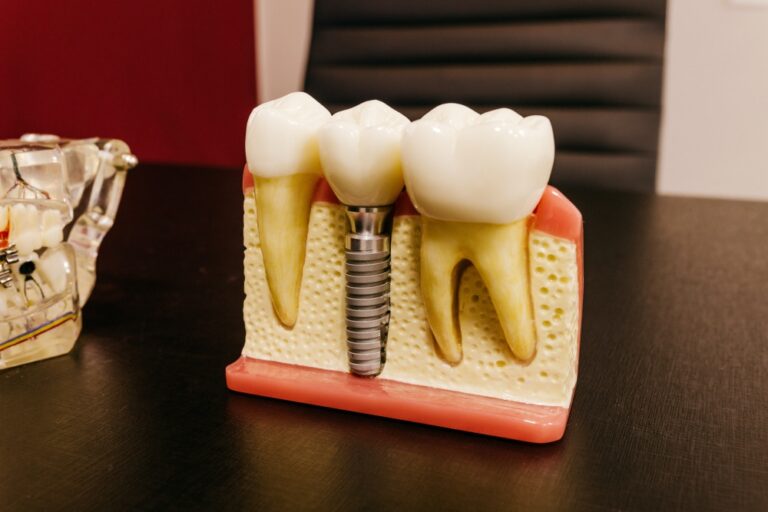The root of a cavity may be different than you think
Do you know where cavities come from?
If you are like most Americans, you have probably spent your entire life believing a lie.
Most people firmly believe a diet high in sugary foods and not brushing your teeth will be the main culprit in causing cavities. Unfortunately, this isn’t entirely accurate.
Imagine, for just a moment, that a cavity is like a big, burning bonfire. You need three important factors in just the right ratios to get that fire to burn brightly. You must have fuel, sufficient oxygen, and an ignition source. When you get all three of these in perfect combination, your campfire will blaze the whole night through.
The same goes for a cavity.
For a cavity to develop in your mouth, you need to have three things in place. First, you must have a tooth — a cavity can only develop on the surface of a tooth. Next, you need to have food particles, and finally, there must be bacteria. When you have these three factors in the right combination, you create the perfect environment for a cavity to wreak havoc on your tooth.
When bacteria sticks to your teeth, we call it plaque. It forms a layer on your teeth, and as it grows, it begins to produce a byproduct called lactic acid if there are food particles available to feed it. When this acid sits on your teeth, it breaks down the enamel and eats away at the tooth, forming a cavity.
Fortunately, you can prevent this from happening by minimizing the food particles and the number of bacteria that live in your mouth. While it isn’t easy to keep your teeth perfectly clean, it’s worth the effort to prevent cavities from permanently damaging your pearly whites.
The first step to keeping your mouth clean, healthy, and cavity-free is to purchase disclosing tablets. These little tablets can go a long way toward showing you how good a job you do at keeping your mouth free from bacteria.
After brushing your teeth, use a disclosing tablet to show all the places where bacteria still reside. These are the places you have missed during your brushing and where your oral hygiene routine needs improvement.
Dr. Chuck recommends you spend 10 minutes, once a day, doing a thorough deep clean on your mouth. Floss, use proxy brushes or directed water irrigation between each tooth, and scrub every surface. This will remove all traces of food particles, plaque, and bacteria and will help keep your teeth healthy and free from decay.
The next time someone asks you where cavities come from, remember that the process is much more complex than just eating a candy-filled diet. Like a burning fire, cavities can quickly be extinguished when you invest the proper time to take care of your teeth.




